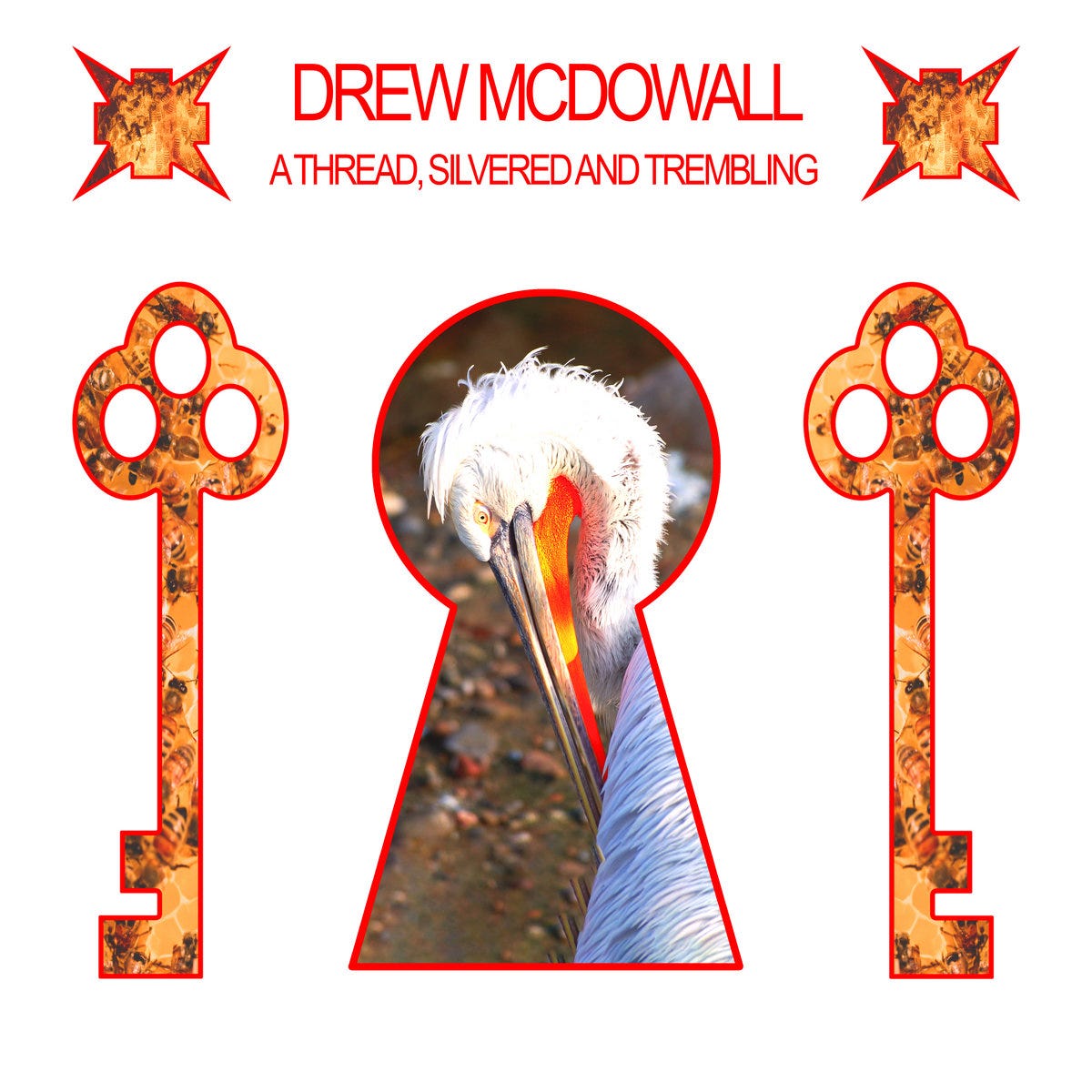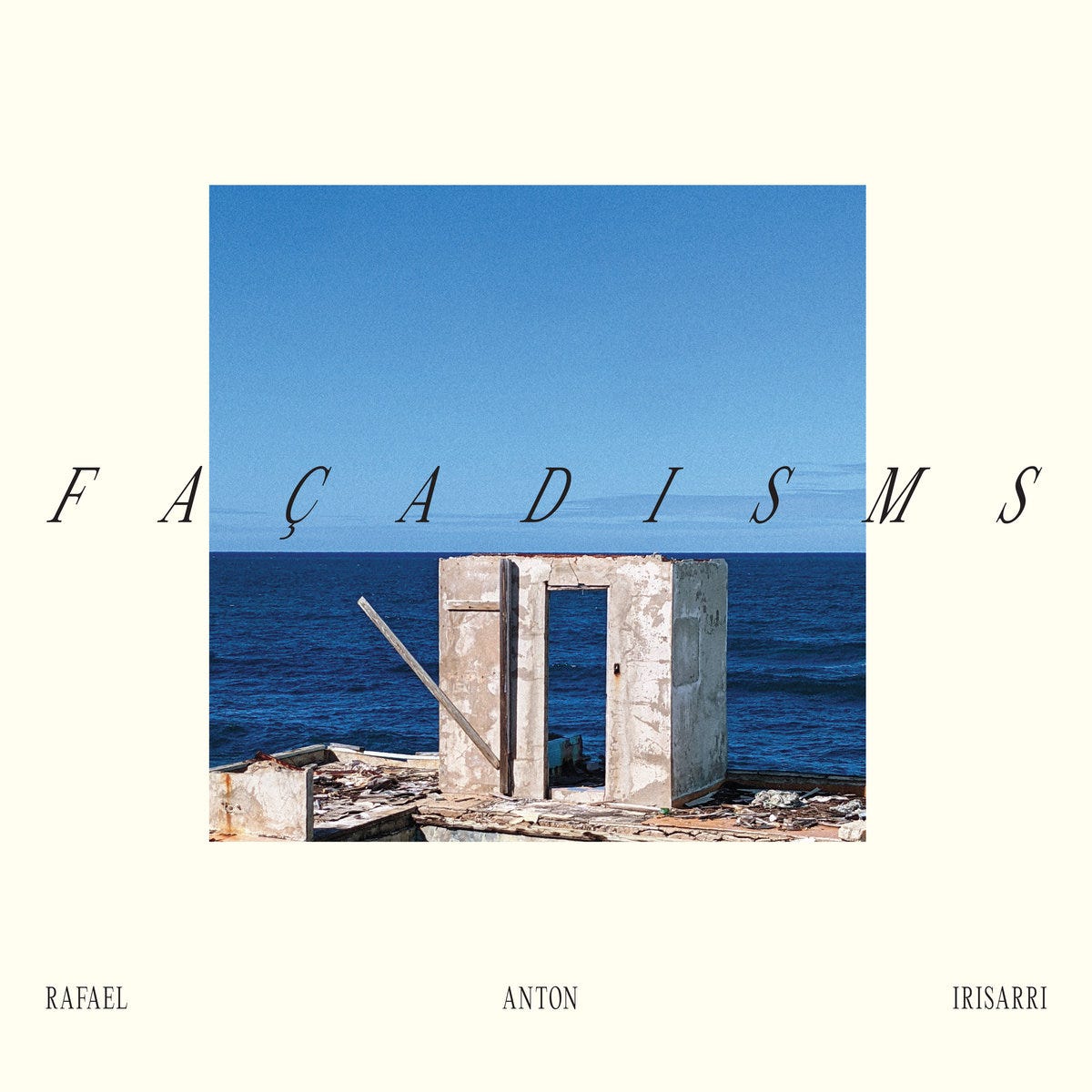Ambient Nihilism
I don't have to tell you things are bad. Everybody knows things are bad.
It's a depression. Everybody's out of work or scared of losing their job. The dollar buys a nickel's worth; banks are going bust; shopkeepers keep a gun under the counter; punks are running wild in the street, and there's nobody anywhere who seems to know what to do, and there's no end to it.
We know the air is unfit to breathe and our food is unfit to eat. And we sit watching our TVs while some local newscaster tells us that today we had fifteen homicides and sixty-three violent crimes, as if that's the way it's supposed to be!
We all know things are bad - worse than bad - they're crazy.
It's like everything everywhere is going crazy, so we don't go out any more. We sit in the house, and slowly the world we're living in is getting smaller, and all we say is, "Please, at least leave us alone in our living rooms. Let me have my toaster and my TV and my steel-belted radials, and I won't say anything. Just leave us alone."
Well, I'm not going to leave you alone.
I want you to get mad!
The infamous ‘I’m Mad As Hell’ speech from 1976’s Network, delivered masterfully by Peter Finch, has been echoing across various corners of the internet for the last decade as the intensity of world events and the stratification of social media started to really ramp up. It’s terrifyingly prescient, and an absolutely brilliant piece of dialogue which is just asking to be (and has been) sampled by a swathe of bands - my personal fave being Mouth Of The Architect’s ‘Hate and Heartache’, as featured below:
November had certainly been A month with what felt like about a week of collective reeling from the US election results and then a deluge of hot takes, analysis and editorials unleashed into the information eco-sphere. I’m not actually going to write much about the result itself but my position is one of complete lack of surprise and also a BIG amount of worry as to what next year/s are going to look like.
What I am going to write about briefly is the unhinged state of social media at the moment and it’s consciousness-splintering affect of making world events somehow both appalling and banal, a sort of distracted, distanced reflex that contributes to a mood of what I dub Ambient Nihilism.
I think you know the feeling, a sense of resignation hangs over most discussions these days. The realisation that things are not going to get better, that everyone is a hypocrite and cynical (which in turn only spurns on more “A-ha! Got ya!” moments on different platforms as a means of combatively adding to the discourse), that ‘brain rot’ is the Oxford word of the year, and we are subject to ever ongoing enshittification of services, both online and in IRL social infrastructure. Things in the real world seem no better as more venues, festivals, art spaces, cafes and clubs close and it seems quite a bitter irony that just as we’re coming to the conclusion that vast amounts of the internet is becoming obsolete and unusable, there’s not much remaining in the real world in terms of accessible, creative culture to rally around.
Musk’s acquisition of Twitter/X I think has accelerated what was already pretty unstable but just about useful in terms of keeping tabs with what was going on in the world into a hyper accelerated form of proto-Fascist information gruel and things have gotten VERY weird on there since the election.
Users are moving to Bluesky and Threads, although the latter also seems pretty demented in terms of aspects of ‘extremely online behaviour’ and engagement farming, and at some point just becomes another platform that doesn’t work very well and is full of stuff you don’t really want to see or engage with.
All is not lost though. I’m also going to talk about two ambient releases that have book-ended the year that I think offer a necessary salve and remedy to Ambient Nihilism. See it as a companion piece to my one from January, Muted Compulsion.
A Thread, Silvered and Trembling
The latest album from Drew McDowall (former member of the legendary Coil) and released in March of this year is a starkly beautiful and unsettling record, an eerie and skittering form of solemn ambient music.
Comprised of four tracks and unfurling over a lean 35 minutes, there is an array of shimmering electro-acoustic techniques used to create a work that is dense and layered, but never cluttered. To my ear I hear strings, harp and horn amidst the murmuring electronics, the orchestral textures transmogrifying and weaving between shadowy synths and drones, calling back and forth.
The feel of the album is one of uncanny reverence, from the splintered, staccato melodies of opener Out of Strength comes Sweetness to the incredibly unsettling air raid siren-esque drone that beckons across album centrepiece And Lions will Sing with Joy. Moments of serene immanence are soon transformed by darker, ominous tidings.
The LP cover perfectly reflects the music within - an ascetic and consecrated record that brings the beauty and pain of the world into arresting focus, quietly contemplative and elegant with the sharp bite of winter just beneath.
FAÇADISMS
“Amid the chaos of 2020, while exploring the stark world of brutalist architecture and inspired by the false fronts of Potemkin villages, a vision started to take shape: FAÇADISMS. Composed over three years, it’s a late capitalist lament of simmering electric despondency.”
Released 3 days after the US election, the sense of foreshadowing within Rafael Anton Irisarri’s latest is almost too portentous but if you read more of the liner notes in the Bandcamp link above it’s clear that a huge amount of time, work and thought has gone into FAÇADISMS, and is also easily his best album to date. I really recommend this long interview he did with CLOT magazine in October of this year, which really gets into his practice, creative process and artistic philosophy in a lot of depth:
“This album carries a duality: while it’s about the unravelling of the “American Dream”—or, as I find it more fitting to call it, the “American Myth”—it also delves into the façades we’ve all built in the age we live in. Think about the personas we project online; the hyper-curated, manicured lives many present to the world through social media are not that different from the Potemkin villages designed to impress Catherine the Great. So, what happens when these façades start to crumble? These are the things I’m really interested in exploring, whether it’s the eroding trust in the institutions that uphold our “democracies in the West” or the façades of freedom we’ve been told we enjoy. Are we truly a free people? Who does this “freedom” serve? Is it just a red herring served up by the ruling elites? Why are we all essentially enslaved to algorithms pushing us “content” 24/7? I’ve been seeing these things for years and questioning not just why they’re happening but who they’re benefiting. It feels like it’s all a façade masking a much more disturbing reality.”
Comprised of eight tracks and clocking in at just under 50 minutes FAÇADISMS feels like the purest distillation of Irisarri’s sound, distinct as both album and a continuous piece of music. Layers of guitar and synth unfurl in a gauze of mist across the album’s opening, punctuated by more brooding and weighty textures in Control Your Soul’s Desire For Freedom which really push into the low-end beautifully.
The record’s centrepiece is two absolutely stunning back-to-back tracks - The Only Things that Belong to Us are Memories and Forever Ago is Now which up the emotional intensity and sub-bass appropriately, basking in plaintive crescendos that sit somewhere between film soundtrack and post-metal festival (whilst listening I was sometimes taken back to the Oceanic: Remixes & Reinterpretations that ISIS released in the early 2000’s).
There’s a thread of the more experimental and restrained work by Sunn O))) or Nadja running through them as well, whilst album closer Red Moon Tide (featuring the amazing KMRU) gracefully finishes the record in unmooring and contemplative fashion.
Many ambient/drone records can settle into a slightly lackadaisical flow, flittering inwards and outwards, but FAÇADISMS sits within that intermittent space of almost unconscious, undistracted attention that has no sense of formal or traditional song structure, whilst also not descending into a listless haze. It’s a record with a real sense of narrative.
Although perhaps not a surprising comparison, both albums really remind me of Love Streams-era Tim Hecker, existing in a space that gestures to an emotional landscape that feels ineffable and unseen, something being just beyond your field of vision but with a presence of place that is distinctive.
Comparisons to Love Streams don’t come lightly either as it’s a record that elevates ambient/drone music to an atavistic and melodic state of real, ritualistic power - also with it’s altered and reconstituted choral samples, a “…transcendental voice in the age of auto-tune”, it uses a variety of methods to embed the liturgical into spaces of communal experimental music.
A Thread, Silver and Trembling and FAÇADISMS now sit alongside it as singularly beautiful examples of the sacred and the profane. Perhaps the best counterpoint to Ambient Nihilism we can muster is finding new and ongoing ways to embed the communal and contemplative into everyday life.
Thanks as ever for subscribing and reading, and wishing you a peaceful end to 2024 and start of 2025!








